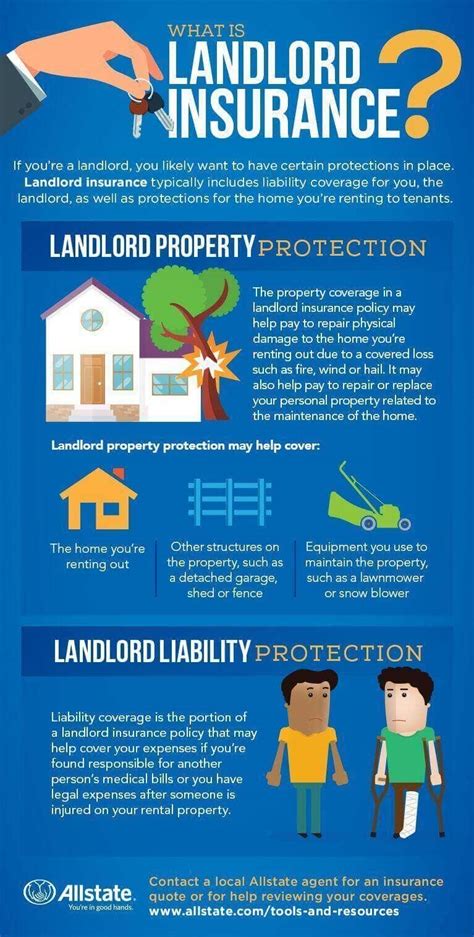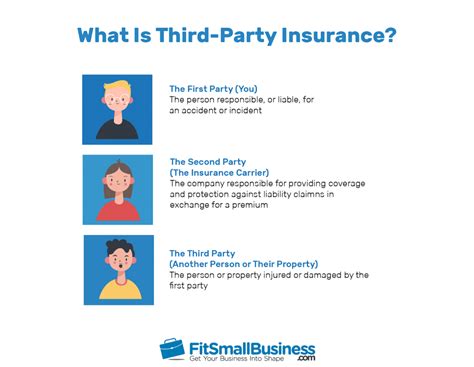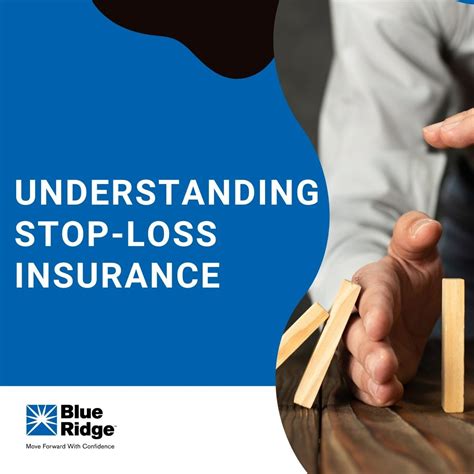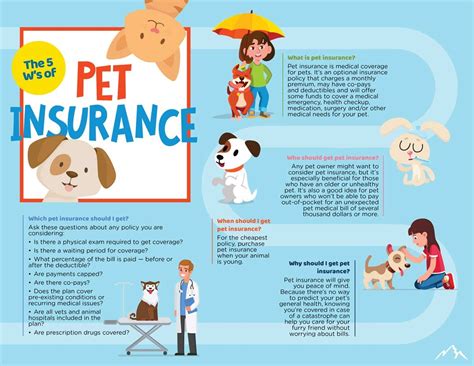Learn about total loss insurance, determining coverage, factors affecting payout, receiving payment, and appealing decisions. Expert insights on auto insurance.
Understanding Total Loss Insurance
Contents
Total loss insurance refers to the situation in which a vehicle is damaged to the point that the cost of repair exceeds its actual cash value. When this occurs, the insurance company may declare the vehicle a total loss, and the policyholder will be paid the actual cash value of the vehicle, minus the deductible.
Understanding total loss insurance is crucial for vehicle owners, as it can have a significant impact on their financial situation in the event of an accident. It is important to know the factors that determine whether a vehicle will be declared a total loss, as well as the process of receiving a payout for total loss insurance.
One key factor in determining total loss in auto insurance is the actual cash value of the vehicle. This value is calculated based on the vehicle’s age, condition, and market value at the time of the accident. If the cost of repair exceeds this value, the vehicle is likely to be declared a total loss.
It is also important to be aware of the total loss coverage options available in your insurance policy. Some policies may include coverage for additional expenses, such as rental car reimbursement, in the event of a total loss.
In some cases, the policyholder may choose to appeal the insurance company’s decision to declare their vehicle a total loss. This can be a complex process, and it is important to fully understand the terms of your policy and the laws in your state regarding total loss insurance appeals.
Determining Total Loss in Auto Insurance
When it comes to determining total loss in auto insurance, there are several key factors that insurance companies take into consideration. The first and most obvious factor is the extent of the damage to the vehicle. If the cost of repairing the vehicle exceeds a certain percentage of its actual cash value, typically around 75-80%, then it is usually deemed a total loss. This is also known as the total loss threshold.
Another important factor in determining total loss in auto insurance is the age and condition of the vehicle. Older vehicles with high mileage are more likely to be declared as a total loss, as the cost of repairs may exceed the value of the car. Additionally, if the vehicle has previously been in an accident or has existing damage, this can also impact the decision to declare it as a total loss.
Insurance companies also take into account the state laws and regulations regarding total loss determinations. Each state may have different guidelines for determining total loss, so it’s important to be familiar with the specific laws in your area. Some states may have a lower total loss threshold, making it easier for a vehicle to be declared as a total loss.
It’s important for policyholders to be aware of the factors that insurance companies consider when determining total loss. Understanding these factors can help in negotiating a fair settlement and knowing when to challenge an insurance company’s decision. By staying informed and being proactive, policyholders can ensure that they receive the compensation they deserve in the event of a total loss.
Factors Affecting Total Loss Coverage
There are several factors that can impact total loss coverage in auto insurance. One of the primary factors is the value of the vehicle at the time of the incident. If the vehicle is deemed a total loss, the insurance company will typically pay out the actual cash value of the car, taking into account depreciation. This means that older vehicles may receive a lower payout than newer ones, even if they are in similar condition.
Another important factor is the insurance policy itself. Some policies may have specific provisions that affect total loss coverage, such as deductibles or limits on reimbursement for certain types of damage. It’s essential for policyholders to review their coverage and understand how it applies to total loss situations.
The cost of repairs can also impact total loss coverage. If the cost of repairing the vehicle exceeds a certain percentage of its value, it may be considered a total loss. This percentage, known as the total loss threshold, varies by state and insurance company. Vehicles that are deemed total losses due to repair costs may receive a payout based on the estimated cost of repairs.
Additionally, the condition of the vehicle prior to the incident can affect total loss coverage. Vehicles that have pre-existing damage or mechanical issues may receive a lower payout in the event of a total loss, as the insurance company will take these factors into account when determining the value of the car.
It’s important for policyholders to be aware of these factors and to work with their insurance company to understand how they may impact total loss coverage. By understanding these factors, policyholders can make informed decisions about their coverage and be prepared in the event of a total loss.
Receiving Payout for Total Loss Insurance
When you experience a total loss in an auto accident, receiving a payout from your insurance company is a crucial step in the process of moving forward. The total loss insurance coverage is designed to provide financial assistance to help you replace your vehicle after it has been deemed a total loss. The payout you receive will depend on the terms of your insurance policy and the valuation of your vehicle at the time of the accident.
It’s important to understand that the payout for total loss insurance may not cover the full cost of purchasing a new vehicle or replacing your old one. Insurance policies typically consider factors such as depreciation, outstanding loans on the vehicle, and deductible amounts which may reduce the payout amount. In some cases, the actual cash value of the vehicle at the time of the accident may be lower than the amount owed on a car loan, resulting in a financial gap that the policyholder is responsible for.
Receiving the payout for total loss insurance involves working closely with your insurance company to provide documentation and information about the accident, the condition of the vehicle, and any outstanding loans. It’s important to be proactive in communicating with your insurance adjuster and providing any necessary proof of ownership, maintenance records, and repair estimates to support your claim for the maximum payout amount.
If you have concerns or questions about the payout amount offered by your insurance company, it’s important to seek guidance from a legal or financial professional who can review your policy and help you navigate the claims process. Appealing a total loss insurance decision may be an option if you believe the valuation of your vehicle is inaccurate or if you have evidence to support a higher payout amount.
Appealing a Total Loss Insurance Decision
When your insurance company determines your vehicle to be a total loss, it can be a frustrating and upsetting experience. However, it’s essential to remember that you have the right to appeal this decision if you believe it to be incorrect. There are several steps you can take to appeal a total loss insurance decision and potentially receive a higher payout for your vehicle.
First, it’s important to review the documentation provided by your insurance company regarding the determination of total loss. This will include the valuation report and the specifics of how the decision was reached. Carefully examine these documents to identify any errors or discrepancies that may have impacted the decision.
Next, gather any additional evidence or information that supports your claim that the vehicle is not a total loss or that the valuation is inaccurate. This may include recent repair receipts, photos of the vehicle, or quotes from auto repair shops that provide evidence of lower repair costs than the value assigned by the insurance company.
Once you have compiled all relevant documentation and evidence, you can begin the appeals process with your insurance company. This may involve submitting a formal appeal letter along with the supporting evidence. Be sure to clearly and concisely outline the reasons for your appeal and provide all relevant documentation to support your case.
If your appeal with the insurance company is unsuccessful, you may have the option to seek arbitration or mediation to resolve the dispute. This process involves a neutral third party who will review the evidence and make a decision regarding the total loss determination and payout amount. Keep in mind that this process may require additional time and resources, but it can be an effective way to challenge the insurance company’s decision.












